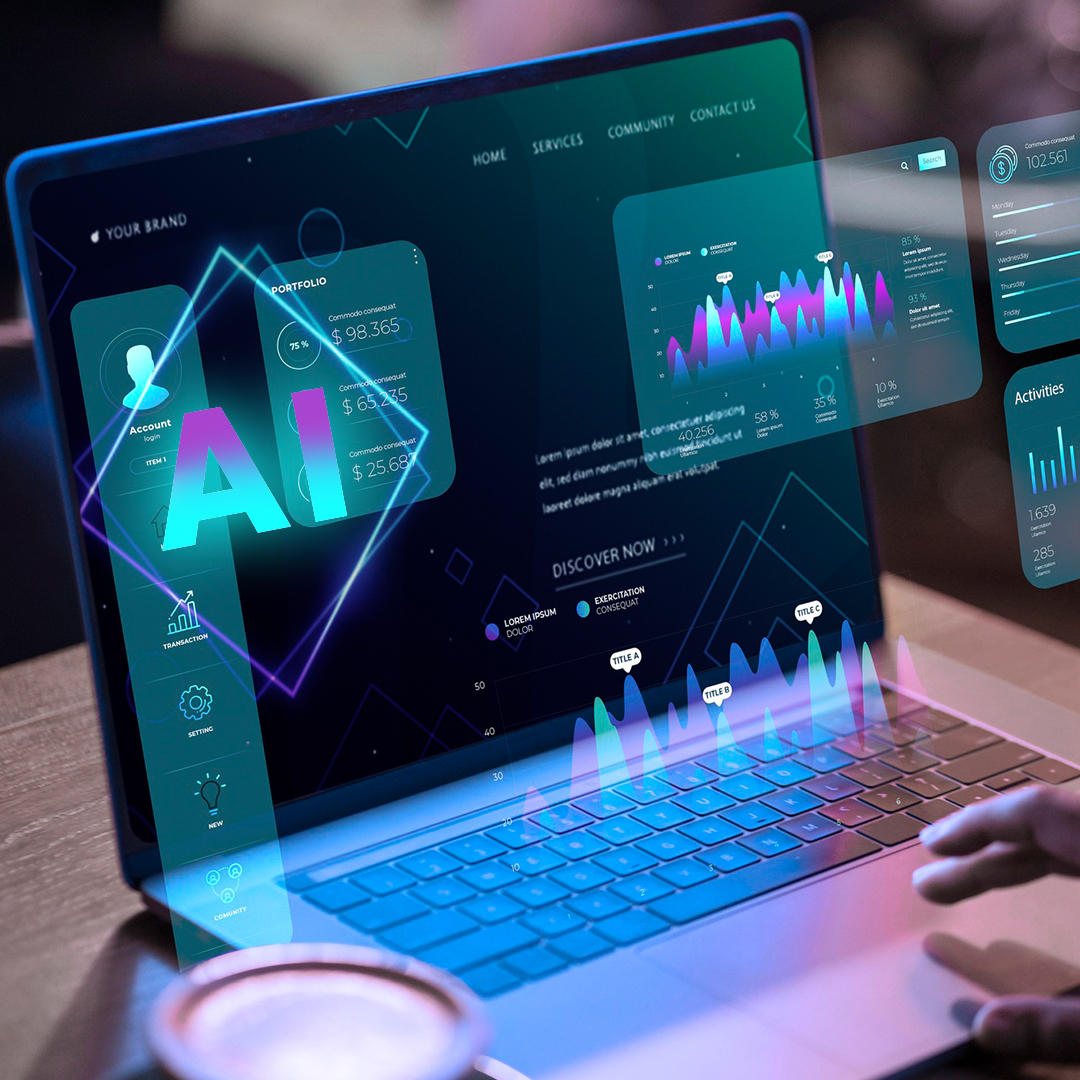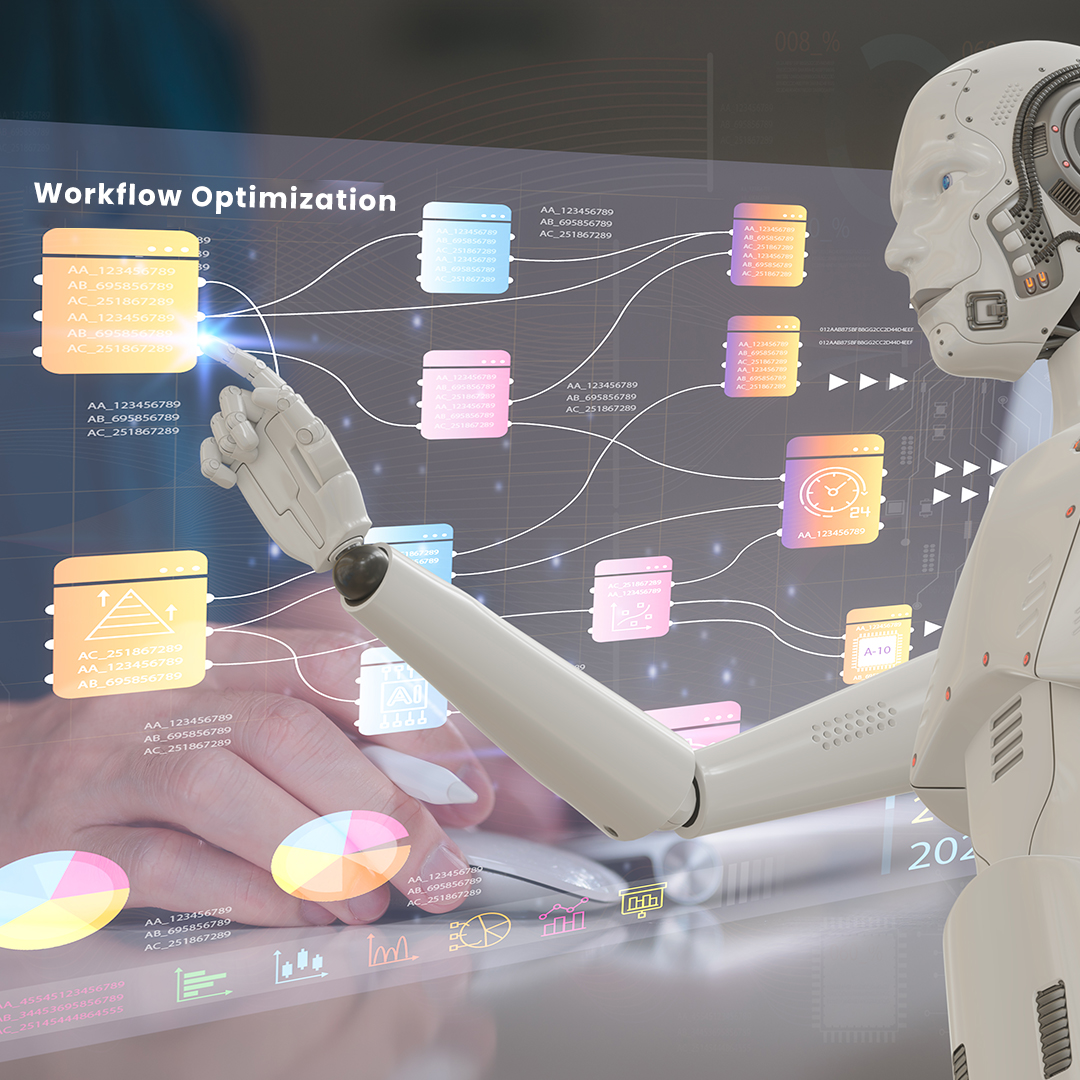AI in DevOps: Transforming Software Development and Operations
AI in DevOps is transforming the landscape of software development and operations, ushering in a new era of unprecedented speed, innovation, and efficiency. This seamlessly integrates AI technology into the DevOps process to increase teamwork, automate monotonous tasks, and optimize the software development lifecycle.
AI systems evaluate massive amounts of data generated during software development processes, providing intelligent analysis that enables teams to make sound decisions and identify problems before they worsen. Furthermore, by embracing AI development, firms may optimize workflows, eliminate human interaction, and speed up the delivery of high-quality software.
AI-powered DevOps is both a competitive advantage and a need in this dynamic world where scalability and agility are essential. This blog explores the crucial role of AI in DevOps, emphasizing its application and benefits. So let’s get started.
AI in DevOps: Practical Applications
AI has numerous uses in DevOps, including changing custom software development, testing, and deployment processes. Among the key applications are:
Automated Code Reviews
AI for DevOps changes the software development process by automating code review. These AI-powered tools thoroughly analyze code, detecting mistakes, security flaws, and deviations from coding standards.
AI assists developers in making correct and timely modifications by providing detailed feedback, hence improving code quality and compliance with best practices. This automation increases software security and dependability while shortening the development period.
Predictive Analytics
A DevOps expert using AI-powered predictive analytics can transform development processes by leveraging historical data. These AI technologies foresee possible challenges and bottlenecks, helping teams to manage risks in advance. By spotting patterns and trends, teams may make more informed decisions and optimize procedures.
This predictive power helps with project planning, resource allocation, and overall project management. Finally, DevOps and AI-powered predictive analytics enable teams to reliably and efficiently provide high-quality software.

Continuous Integration/Deployment (CI/CD)
Incorporating AI for DevOps is a powerful accelerator that increases workflow speed and efficiency. AI in DevOps may automate and improve CI/CD methods, making software update delivery more efficient and reducing the need for manual intervention. This automation ensures that the program meets high quality standards while also accelerating the deployment of new features. AI's ability to review and optimize CI/CD pipelines leads to faster software releases, which benefits the whole development lifecycle.
Automated Testing
Automated testing is crucial in DevOps and AI. AI can automate every stage of the testing process, from designing test cases to running them and evaluating their results.
This automation significantly decreases the time and effort required for testing while increasing test coverage and correctness. Organizations may speed up development and enhance software quality by using AI into automated testing.

Security
Security is a vital component of DevOps ecosystems using essential AI-based tools. AI improves security by detecting and fixing possible code, infrastructure, and configuration issues. AI can evaluate massive amounts of data using complex algorithms to discover patterns that indicate possible security issues.
AI improves the overall security posture of software systems by proactively discovering and resolving flaws. Being proactive enhances security and reduces the likelihood of costly data breaches. DevOps teams may include AI into security protocols to strengthen their systems' resilience to cyber attacks.
Infrastructure Management
Infrastructure management stands out as an important area for development when employing AI in DevOps. AI may improve infrastructure utilization by analyzing resource use trends and dynamically allocating resources as needed. This proactive method reduces expenditures while also enhancing efficiency.
AI also enables real-time problem detection and resolution, improving system dependability and performance. By automating these operations, AI enables DevOps teams to focus on essential goals, resulting in more creativity and better commercial outcomes.
Workflow Optimization
When AI is used in DevOps, workflow optimization becomes a key topic of concern. AI may comprehensively investigate DevOps operations to discover inefficiencies and opportunities for improvement. AI increases overall process efficiency by identifying bottlenecks and streamlining operations. This enhancement reduces the time to market for software releases while also cutting operating expenses.
Furthermore, AI's ability to adapt and learn from data enables continual improvement of DevOps processes. DevOps teams may boost productivity and agility by optimizing workflows using AI, resulting in better business outcomes.

Major Benefits of AI in DevOps
AI-driven DevOps provides several benefits that dramatically enhance software development and deployment processes. Predictive analytics helps to optimize workflows, automate repetitive operations, and improve decision-making. Let us have a look at some of the AI-powered DevOps benefits:
Enhanced Productivity
Artificial intelligence boosts DevOps efficiency by automating time-consuming manual activities such as testing and code reviews. By speeding up the development process, this automation reduces the potential of mistakes and enables faster software upgrades.
One of the primary benefits of AI-driven DevOps is that it frees engineers from monotonous tasks, allowing them to focus on more important activities, enhancing overall software development productivity and efficiency.
Enhanced Quality
AI enhances software release quality by inspecting code for mistakes, security issues, and coding standard breaches. This analysis reduces the likelihood of mistakes and security problems by verifying that the application meets stringent compliance requirements.
Artificial intelligence improves software quality and dependability by discovering and resolving issues early in the development cycle, resulting in increased customer happiness and loyalty.
Increased Flexibility
AI's adaptability is a major benefit in DevOps, allowing teams to respond swiftly to changing environments and requirements. DevOps teams may use artificial intelligence to better effectively deliver updates, manage resources, and adjust processes.
This versatility ensures that software development remains flexible and responsive to changing needs, resulting in higher-quality software more quickly.
Cost Reduction
AI contributes to DevOps in ways other than cost savings, such as automating operations and increasing efficiency. AI reduces operational costs by eliminating the requirement for human involvement in manual tasks such as testing and deployment.
AI can also speed up workflows and improve resource allocation, resulting in cheaper software development and deployment costs. AI's ability to boost productivity and automate jobs may have a significant financial impact by cutting the cost of DevOps processes.
Faster Time-to Market
When it comes to the topic of 'how can DevOps make use of AI', one obvious response is to drastically reduce software product time-to-market. AI improves procedures and automates repetitive operations, enabling for the faster deployment of new features and upgrades. Automating important development procedures may help DevOps teams produce updates and new features more quickly, keeping them ahead of the competition. This reduces time-to-market for new features and products by enhancing development process efficiency and enabling teams to respond to market requests more swiftly.
Improved Decision Making
AI DevOps also provides increased decision-making capabilities. AI enables DevOps teams to make educated decisions regarding process optimization and resource allocation by providing insights and data analysis.
Artificial intelligence can spot patterns and trends in enormous data sets, allowing teams to streamline procedures and allocate resources more effectively. This data-driven technique increases decision-making, leading in more efficient and productive DevOps processes.
The Round-Off
Modern software development is primarily reliant on DevOps, which emphasizes efficiency, automation, and collaboration. Addressing integration difficulties is critical as firms increasingly use AI to improve their DevOps strategies.
By partnering with an industry expert DevOps consulting services provider you can get comprehensive solutions and knowledge for effectively navigating this complex environment.


